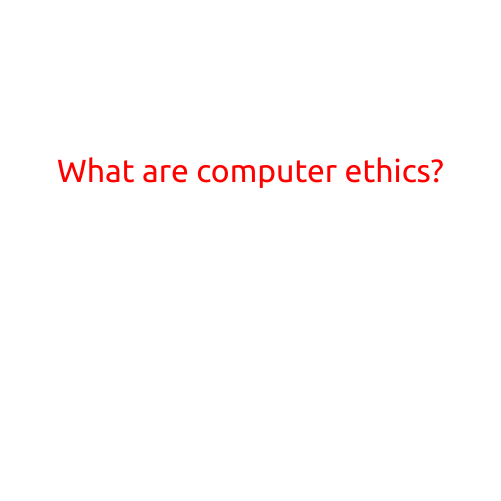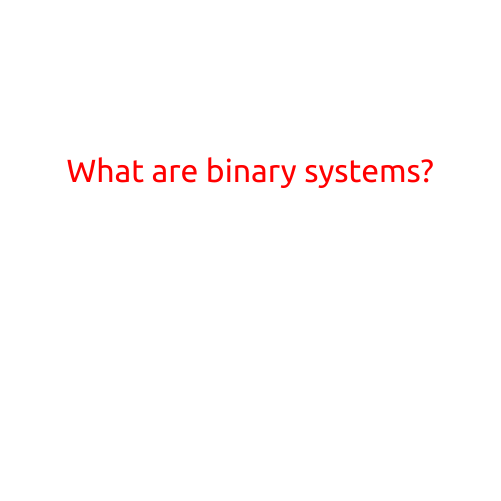
What are Computer Ethics?
In today’s digital age, computers and technology play a vital role in our daily lives. From our personal devices to professional settings, we interact with computers and networks on a daily basis. With this increased reliance on technology comes a new set of ethical considerations, known as computer ethics.
Defining Computer Ethics
Computer ethics is a branch of ethics that deals with the moral principles and values that guide the development, use, and impact of computer technology on society. It encompasses a wide range of issues, including privacy, security, intellectual property, and social responsibility.
Computer ethics is not just about following rules and regulations, but rather about making informed decisions that balance individual rights and responsibilities with the greater good. It requires a deep understanding of the ethical implications of computing and technology, as well as the ability to assess and address the potential consequences of our actions.
Key Issues in Computer Ethics
Some of the key issues in computer ethics include:
- Privacy: How to protect personal data and privacy online, particularly in the context of social media and online tracking.
- Security: How to ensure the confidentiality, integrity, and availability of computer systems and networks.
- Intellectual Property: How to balance the rights of creators and innovators with the need for access and sharing of information.
- Social Responsibility: How to use technology in ways that benefit society, rather than harming it.
- E-Safety: How to protect individuals from online threats and harassment.
Principles of Computer Ethics
To navigate these complex issues, computer ethics is guided by several key principles, including:
- Autonomy: The right to freedom and self-determination in the use of technology.
- Non-Maleficence: The principle of not harming others, either intentionally or unintentionally.
- Beneficence: The principle of doing good and promoting the greater good.
- Justice: The principle of fairness and equality in the distribution of digital resources and opportunities.
Conclusion
Computer ethics is a critical field that requires us to think carefully about the ethical implications of computing and technology. By understanding the key issues and principles of computer ethics, we can make informed decisions that balance individual rights and responsibilities with the greater good.
As technology continues to evolve and shape our world, it is essential that we prioritize computer ethics and work to ensure that technology is used in ways that promote social responsibility, justice, and human well-being.





